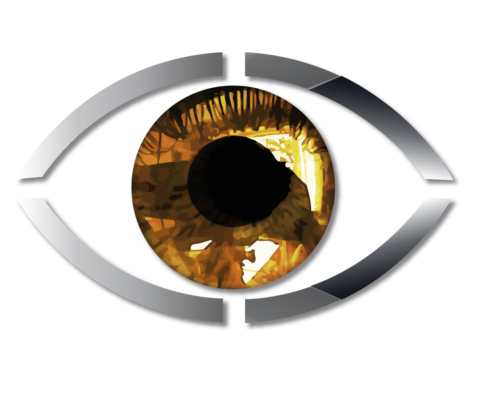
What are the attributes of good liars?
One of my readers sent me a link to this great article on 18 Attributes of Highly Effective Liars.
I thought the list was very good! What do you think?

One of my readers sent me a link to this great article on 18 Attributes of Highly Effective Liars.
I thought the list was very good! What do you think?
I found a great article from the Times Online titled Liars Don’t Blink: They Keep Still and Concentrate Hard.
From all my watching of people, I couldn’t agree more. Intense stares often clue me in to look closer.
Approximately once a week, I review my web log (Statcounter.com) to see who is stopping by (IP numbers only), what they are reading, where they come from, and what searches are bringing people to my blog.
I think that every week since the first week I started looking, I’ve seen people searching about liar’s eyes. This week Google brought me people searching for:
can the eyes lie
eyes that lie
lie detection eyes
eyes and lies
how we can detect a liar from his eyes?
lie eye look to right
I’ve even been asked by readers if someone can simply have “lying eyes”, as in “I just don’t trust Jon’s eyes.” (in general). To skip to the point, the answer is no—someone cannot have lying eyes. That actually makes my skin crawl.
Imagine being born with eyes that people distrust. You’d be very unfortunate. It’s not like you can change your eyes.
The next question then, naturally, is whether you can tell if someone is lying simply by their eyes alone?
In short, it is not likely.
Eyes are expressive, and they express mood. However, when someone shifts their eyes, it could be for a variety of reasons other than deception, including, but not limited to, a sign of distraction, boredom, preoccupation, nervousness, insecurity, fear, and amazingly, when they are recollecting something! Yes, when people recollect things, they look out into nowhere!
I’ve even read studies that say that liars are more apt to stare at your eyes when they lie than to look away. This completely concurs with what I’ve seen, statistically speaking. However, that doesn’t necessarily mean that when someone stares at you when they tell you something, they are lying. It’s simply not that straightforward.
I, myself, would never call out a liar on eyes alone. I couldn’t do it in all fairness. I might notice shifting eyes or someone giving me a direct stare, but all that would do is prompt me observe the person a little closer. If nothing else alerted me as odd or unusual, I’d forget about it.
I’d forget about it!
Eyes can show excitement by a dilated pupil, and if this excitement is inconsistent with what the person is saying, that’s a red flag. In this situation, I’d ask myself: What could this person be excited about? I’d search for other potential causes that I might have missed. If I didn’t see anything, then I’d ask myself: What could they be excited about that perhaps they are trying to conceal? Last, I’d look to see if my answers fit my hypothesis. Sometimes they do, but sometimes they don’t. That’s about all you can glean from eyes.
Please, please, please—if you are judging someone by their eyes alone—stop!! You’d be much better off listening to what the person is saying. If the person’s behavior or story is out of character for them, ask yourself why? What would cause this person to react this way? Think of all the potential reasons for the behavior change—not just the one you think it is. Think through everything. Put yourself in the other person’s shoes.
If they are doing something, and you suspect it, check it out further for yourself before you accuse. Get the facts. It’s the facts when misrepresented that will lead the average person to a lie quicker than anything else!
